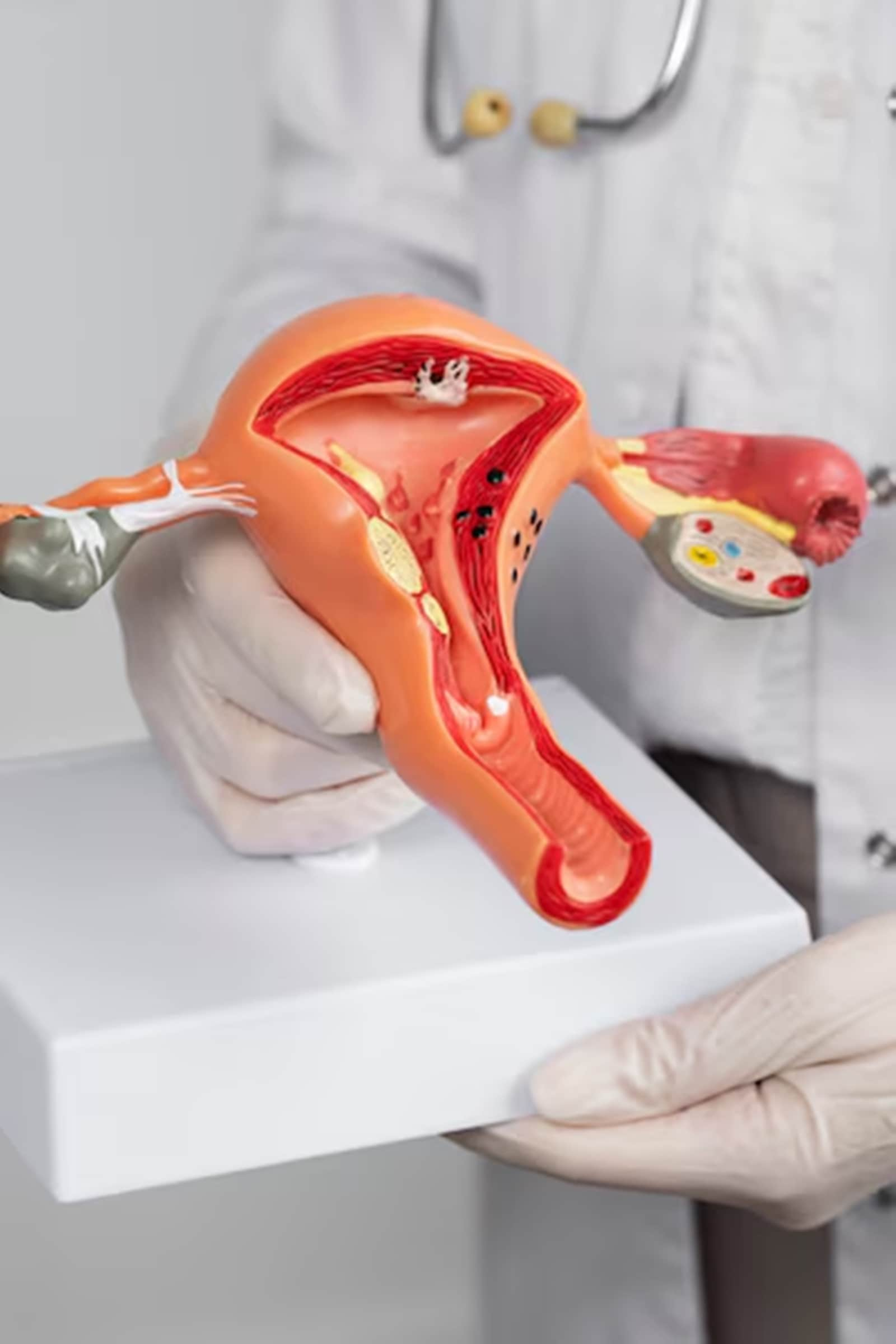📣 For more lifestyle news, click here to join our WhatsApp Channel and also follow us on Instagram
This is what happens during an IUI fertility treatment
On the IUI day -- which is usually a day after a day of abstinence -- the partner's semen is collected
 Here's what to understand about IUI (Source: Getty Images/Thinkstock)
Here's what to understand about IUI (Source: Getty Images/Thinkstock)Intrauterine insemination (IUI), a fertility treatment, promises results for couples unable to conceive despite trying for years. The procedure entails placing a specially prepared sperm directly into the uterus, increasing the chances of fertilisation and conception. If you wish to know more about it, we’ve got you covered.
During the IUI fertility consultation, an expert will check your medical history and understand family planning goals. “Tests will be suggested to evaluate the patency of the fallopian tubes, the uniformity of the uterine cavity, and semen analysis to understand the quality of the sperm,” said Dr Shruti N Mane, consultant, fertility and IVF expert, Motherhood Fertility and IVF in Kharghar.
Following that, fertility medications — from day 2 or 3 — of the woman’s menstrual cycle will be prescribed to start the ovulation induction process. “The doctor will then check serial ultrasounds for follicular monitoring and administer the trigger for final maturation and ovulation of the oocyte in the follicle, along with a few blood tests if required. After this, a final date for insemination will be suggested,” explained Dr Mane
Elucidating the same in an Instagram reel in a step-by-step way, gynaecologist Dr Maitreyee Athavale shared that on the IUI day — which is usually after a day of abstinence — the partner’s semen is collected. “Our embryologist then looks at the sample under a microscope to find good sperms. We then improve the quality and motility of the sperm in the machine by diffusion gradient or swim-up techniques. We then make a tiny sample of the best sperms. Finally, the woman lies down and, through a cusco speculum, the solution containing the sperms is injected through the tiny tube into the uterus and closer to the eggs,” said Dr Athavale.
 Two weeks after Intrauterine insemination, a pregnancy test will be done to know if one has conceived (Source: Freepik)
Two weeks after Intrauterine insemination, a pregnancy test will be done to know if one has conceived (Source: Freepik)
During the procedure, the partner’s or donor’s semen will be prepared in the lab with the help of a sperm wash to obtain good-quality and actively motile sperm, mentioned Dr Mane. “Then, one will undergo an IUI — a painless procedure — that is completed in a few minutes. It is just like a Pap smear, and one can start daily activities easily. Two weeks after intrauterine insemination, a pregnancy test will be done to find out if one has conceived,” said Dr Mane.
If the test comes positive, the expert will suggest an appropriate treatment plan for a successful pregnancy by minimising the risk of complications. “However, if the pregnancy test is negative then without losing hope, one can certainly plan for a new cycle or even speak to the expert regarding other treatments that can help you conceive,” said Dr Mane.
DISCLAIMER: This article is based on information from the public domain and/or the experts we spoke to. Always consult your health practitioner before starting any routine.
📣 For more lifestyle news, click here to join our WhatsApp Channel and also follow us on Instagram
- 01
- 02
- 03
- 04
- 05



























